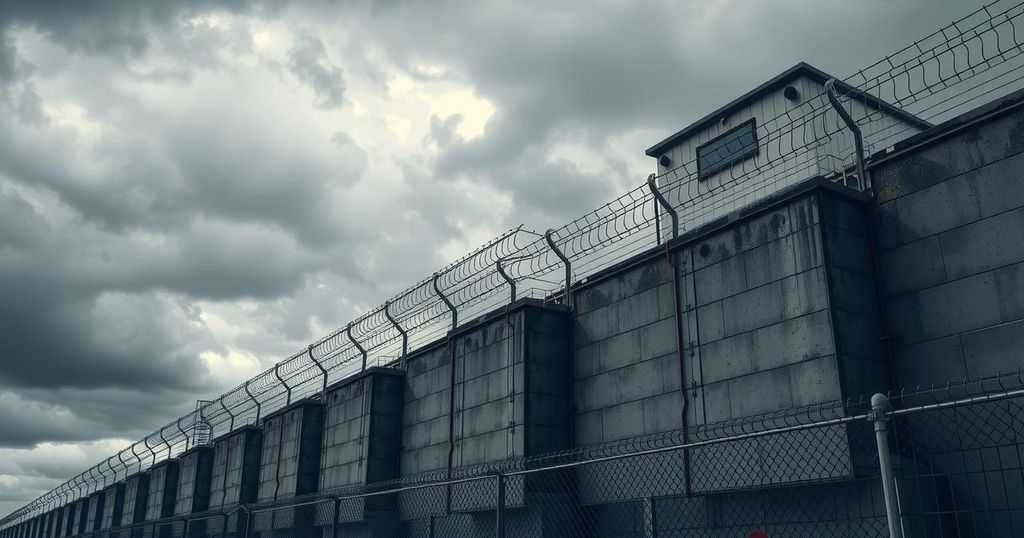Tanzania Opposition Leader Tundu Lissu Relocated Amid Treason Charges
Tundu Lissu, leader of Tanzania’s opposition party CHADEMA, has been moved to Ukonga Prison after his previous location was unknown. Amidst treason charges and potential disqualification from elections, the case raises concerns about President Hassan’s human rights record.
On Saturday, Tanzania’s leading opposition party, CHADEMA, announced that its leader, Tundu Lissu, has been relocated to a different prison. This news follows a period where his location remained undisclosed. Lissu, who has faced treason charges, is currently regarded under scrutiny as President Samia Suluhu Hassan approaches her re-election campaign set for late October.
President Hassan has continuously expressed her government’s dedication to human rights and good governance. Responses from government officials regarding Lissu’s situation have been limited, with a spokesperson from the Tanzania Prisons Service remaining unresponsive to inquiries. Brenda Rupia, CHADEMA’s spokesperson, confirmed the transfer to Ukonga Prison based on information gathered from prison officials.
Family members and legal representatives of Lissu have struggled to gain access to him, as the party previously reported failed attempts to visit him at his previous location in Dar es Salaam. Lissu was accused last week of treason for allegedly urging the public to revolt against the upcoming election amidst increased political tensions.
Additionally, CHADEMA faces disqualification from this year’s elections due to its refusal to endorse a code of conduct amid calls for electoral reforms. While President Hassan was initially commended for initiating a shift towards less oppressive governance, recent actions have drawn severe criticism from human rights advocates, highlighting issues such as arrests and unexplained disappearances of political figures.
The situation surrounding Tundu Lissu and the CHADEMA party underscores significant political tensions in Tanzania as the country approaches an election. With Lissu facing serious charges and his access denied, concerns regarding human rights practices under President Hassan’s administration are amplified. The forthcoming election will serve as a critical test for both the government’s commitment to political freedoms and the implications of Lissu’s treason charges on the electoral process.
Original Source: theprint.in




Post Comment